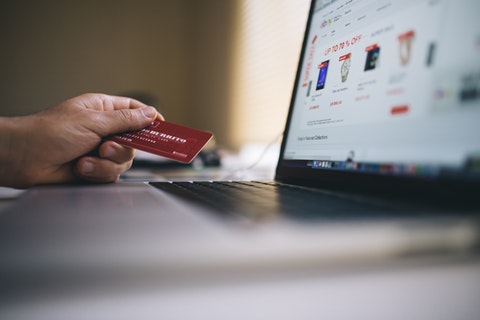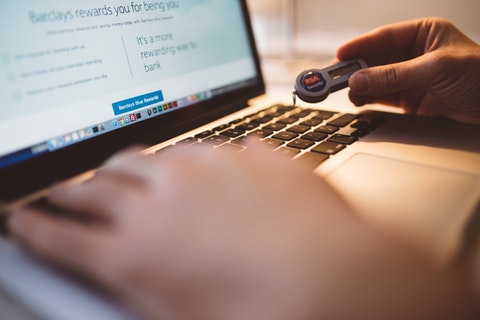The internet has become a place of sharing almost anything, including personal information. But the more you share, the more vulnerable your information becomes. Signing up for an email list, checking apps on public Wi-Fi, linking apps or sites to your social media, or providing customer service via email can leave your identity in the internet’s growing information sphere for anyone to take.

It is quite common to hear of a computer hack, cyber criminals taking down legitimate websites, or even your neighbor reporting that their computer has been infected with a virus. With the numerous imprints of your identity on the web, how can you keep your online activity protected?
Keep Personal Sharing to a Minimum
It’s tempting to spend a great deal of time on social media. It’s how you catch up with friends and family. However, did you know that every time you upload a new picture of yourself or update your address on Facebook your information remains in cyberspace? In fact, more than likely, someone somewhere can access everything you’ve posted.
Even when you use those handy chat bubbles to talk to customer service representatives online, your information is being recorded, along with your geographical location. All of this may sound frightening, but you can protect your online activity with a VPN.
What is a VPN?
A VPN (Virtual Private Network), is the safest way to protect yourself online. If you tend to use public W-Fi, installing a VPN is crucial to the safety of your private information. A VPN takes your outgoing data and channels it through an encrypted tunnel, or a set of proxy servers, to hide your information. All of your traveling data is masked from others, such as hackers or identity thieves, who may be trying to access it.
A VPN can also change your IP address, which reveals the location of your device. An IP (Internet Protocol) address is a series of numbers that gives your device an identity. When you request access to a website, your IP address tells the content where it needs to travel in order to load the web page. Masking or changing your IP address is a way to protect your location.

Use Sites With HTTPS or SSL Connections
Using sites that are hosted on an HTTPS (Hypertext Transfer Protocol Secure), which supports an SSL (Secure Sockets Layer) connection, can provide extra security while you browse their sites. You will notice a green lock icon appear in the URL bar of the browser you are using, which indicates that the interactions between the site and your browser are encrypted and secured.
Use a Semi-Open Network or a Hotspot
Semi-open networks require the user to enter an email address or to click through their terms and services before allowing access. Some internet service providers (ISPs) offer public hotspots to their customers for free, or to other users for a small fee. Due to the extra security, these semi-open networks are safer than open networks. As well, semi-open networks boast a quicker internet speed due to less widespread public usage.
Ultimately, while the best way to protect your online information on public Wi-Fi is to not use any apps or sites that need identification or banking information, a VPN will give you the extra security needed. Making use of these simple suggestions will help keep your online activity as safe as possible.
